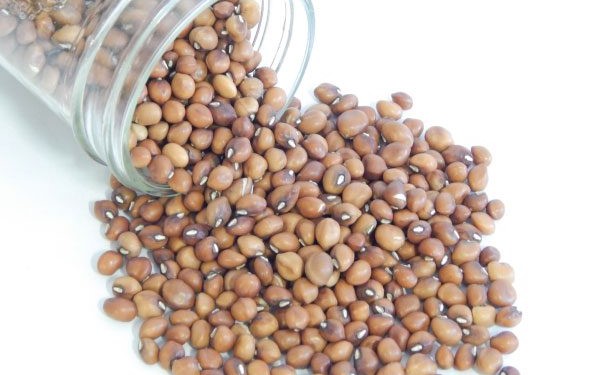The African Agricultural Technology Foundation (AATF) has urged cowpea farmers in Nigeria to take advantage of the recent push to ban food importation to cultivate SAMPEA-20T, the new variety of cowpea resistant to Pod Borer, a notorious pest that causes damage to the bean crop.

President Mohammadu Buhari at a recent media parley with journalists advised Nigerian farmers to increase their food production as Nigeria “has no money” for food importation.
“I wish the farmers could go and stay in their farms so that we can produce what we need sufficiently so that we don’t have to import. In any case, we don’t have money to import so we must produce what we have to eat,” he said.
Dr Issoufou Kollo, AATF Regional Director for West Africa, said the foundation was working with the Institute for Agricultural Research (IAR), Ahmadu Bello University, Zaria, to produce sufficient foundation seeds that seed companies in the country can use for the production of certified seeds for farmers.
“We experienced some delays due to the Covid-19 pandemic but as soon as movement is allowed, we shall scale up our implementation plans to ensure that farmers get the seed before the planting season. The Presidential advice that farmers should get back to farm and try to produce more for the country is very apt.
“We have just released our high yielding cowpea variety called SAMPEA-20T, if a good percentage of Nigerian cowpea farmers grow this variety this year, it will surely make a difference in closing the gap in the country’s annual cowpea deficit of 500,000mt,” he said while reacting to Buhari’s call.
He said apart from ensuring that farmers have access to the seeds, the foundation has also concluded arrangements with extension agents to properly educate and guide farmers on how to plant the SAMPEA-20T to ensure that they get maximum benefit from it.
Dr Kollo said a comparison of SAMPEA-20T with conventional cowpea varieties showed that the average yield gain across all location in Nigeria was 581.5 kg/ha representing 73.5 percent yield increased over conventional varieties.
“The SAMPEA-20T was resistant to the Pod Borer, it only needs 2 chemical sprays per cropping season as opposed to nine -10 times that non-transgenic varieties need for a farmer to get at least 65 percent yield. It is drought tolerant, resistant to Striga and Alectra, two notorious parasitic weeds and will contribute to addressing the national cowpea demand deficit of about 500,000 tons and improve the national productivity average of cowpea production,” he added.
Nigeria cultivates about five million hectares of cowpea annually making the country, the largest producer of the cowpea globally but the country despite being the largest producer have an annual deficit of 500,000 tons. This deficit is imported from neighboring West African countries of Niger and Mali.
